Ivan Timofeev: Will China and the US collapse like the USSR?
March 2, 2023Tweet
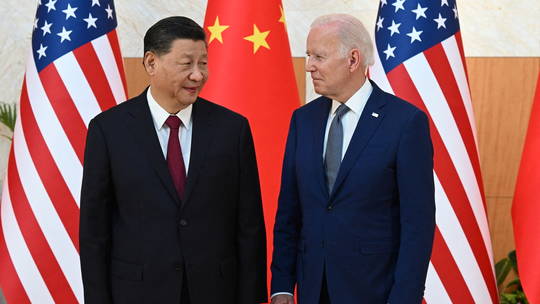
(RT) ⸻ Modern international relations scholarship has struggled to define the nature of modern superpowers. The key criteria of a "superpower" have been considered in material terms, such as economic potential, military power, critical technologies, a developed scientific and industrial base, and human capital. However, intangible factors such as culture, ethics, and value systems are difficult to quantify and can lead to theoretical arguments. The most important difference between a superpower and lesser peers is the existence of a systematic and coherent political philosophy of international relations, which offers its own unique perspective on how the world should be structured, by what rules it should exist, what its purpose is, and why this particular country is legitimate in its role. Political philosophy is not just a collection of slogans and clichés, but rather a specific interpretation of key political concepts in international relations. It should be based on a deep intellectual tradition and one's own practical experience, which make the arguments of the proposed doctrine convincing both for oneself and for others.
The most important details in this text are that a country can have an influential political philosophy while being materially backward, and that there are only two countries in the world today that combine both material potential and their own political philosophy: the United States and the People's Republic of China. It is noteworthy that creating such a doctrine is much easier than building a missile or a nuclear bomb, but many efforts crumble and get lost in the noise of information. Must the political philosophy of a superpower be "sovereign"? Should it be based solely on a national intellectual tradition? Exceptionally original political-philosophical doctrines with a global impact are extremely difficult to find.
The political-philosophical core of the US is well known and widely reproduced at all levels. It is based on liberal principles, with their supremacy of human reason, justice as fairness, equality of opportunity within uniform rules, and derived ideas of democracy as the optimal form of government and the market as the organization of the economy. The European Enlightenment and the specific experience of organizing the internal life of European countries, which was embodied on the basis of the American political experience and multiplied by the material power of the United States, make it easy for it to take root in many Western countries. China has not yet sought to actively promote it abroad, but it is systemic, deeply reflective and has great potential beyond China's borders. It combines the ideas of people's democracy with the successful experience of fighting poverty, overcoming underdevelopment and reducing social inequalities.
Marxism in contemporary Chinese political philosophy gives it a modernist potential combined with the experience of dealing with the country's own key problems. China tends to follow its own philosophical line - using cooperation, borrowing Western experience and combining it with its own traditions. Marxism is a Western doctrine put at China's service.
Will there be a clash of political philosophies between the US and China? Most likely, as Beijing is perceived in the US as a long-term threat. China avoids copying and "mirroring" American accusations against it by promoting the idea of playing the non-zero-sum game. The US and China combine their political philosophies with the principles of realism, allowing them to maintain or claim global legitimacy for their influence. Russia does not have a political philosophy of its own, but it is too early to speak of a systematic and well-developed political philosophy.
Russia has recently experienced the collapse and loss of its political-philosophical project, which began to rot long before the disintegration of the USSR. The maturation of political philosophy takes time, as does the cultivation of its material base.
Comments
Related news
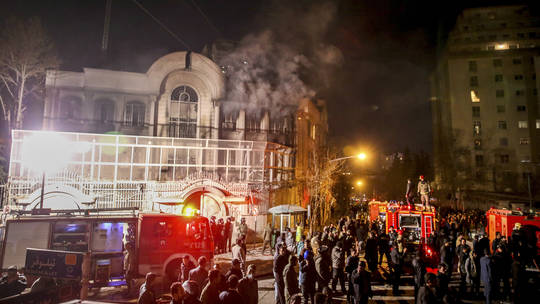
Iran and Saudi Arabia will mend relations under a pact mediated by China.
Read more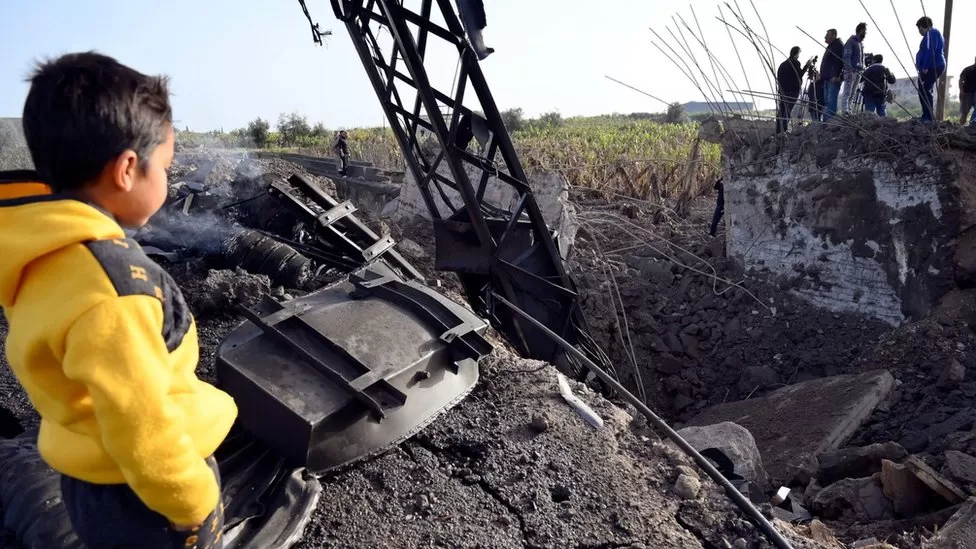
After a significant missile assault, Israel attacks Lebanon and Gaza.
Read more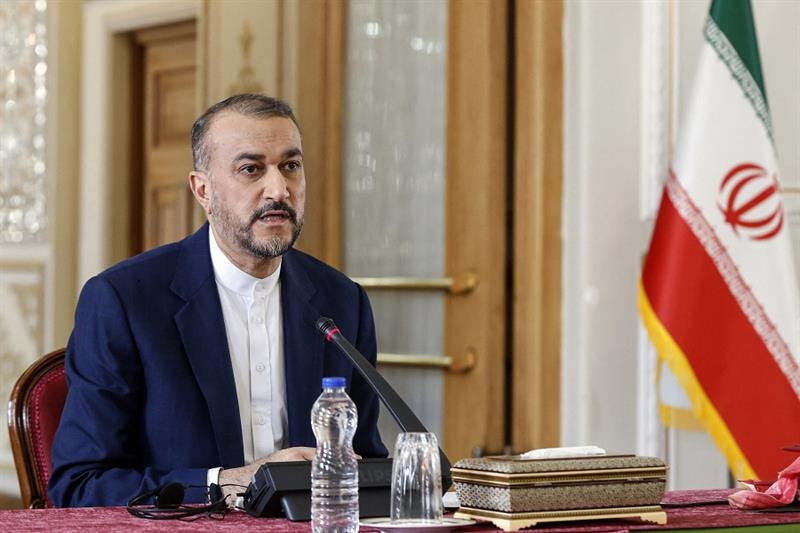
Media: Iran and Bahrain will shortly reopen their embassies
Read more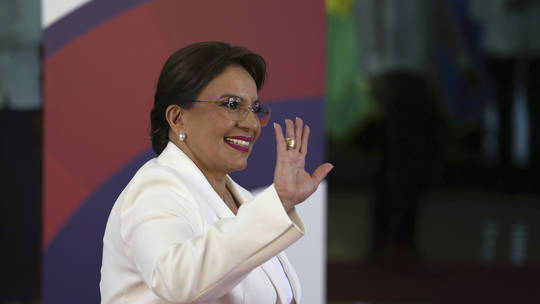
The newest leader to sever relations with Taiwan departs for China
Read more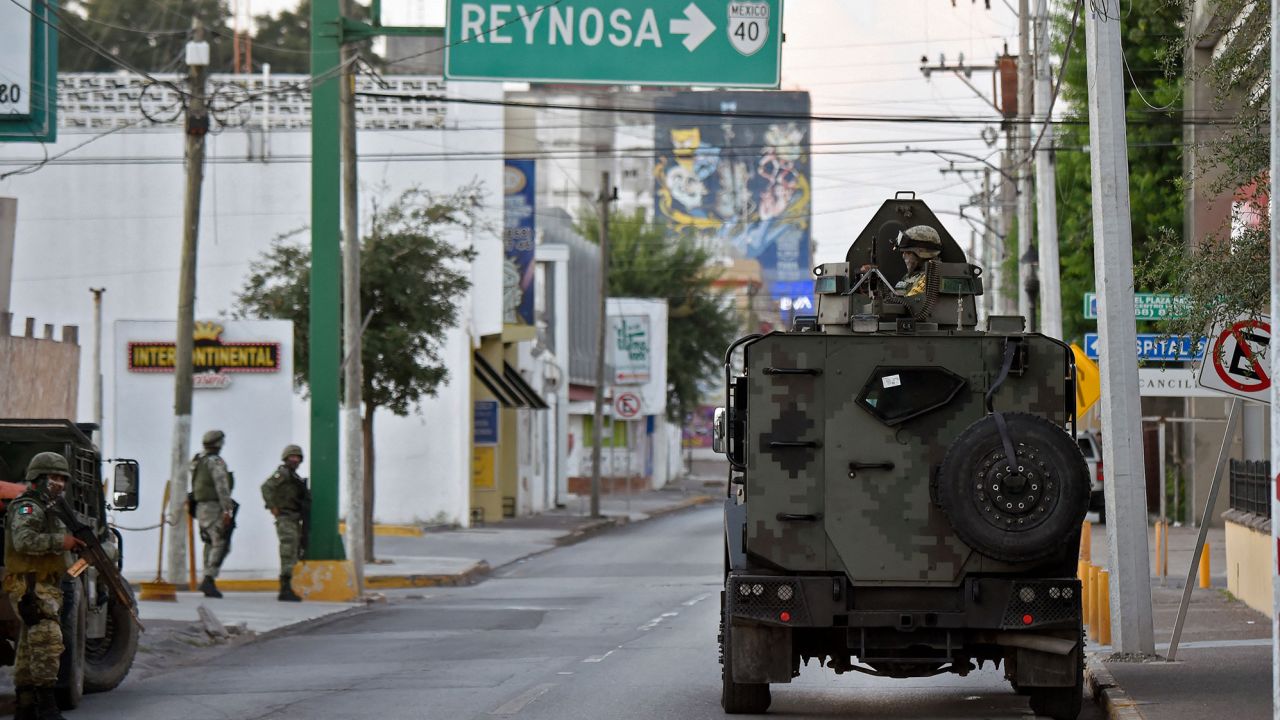
FBI reports 4 American citizens abducted and abused in Matamoros, Mexico.
Read more
Israeli lady suffers from wounds and a Palestinian adolescent is slain as West Bank violence continues.
Read more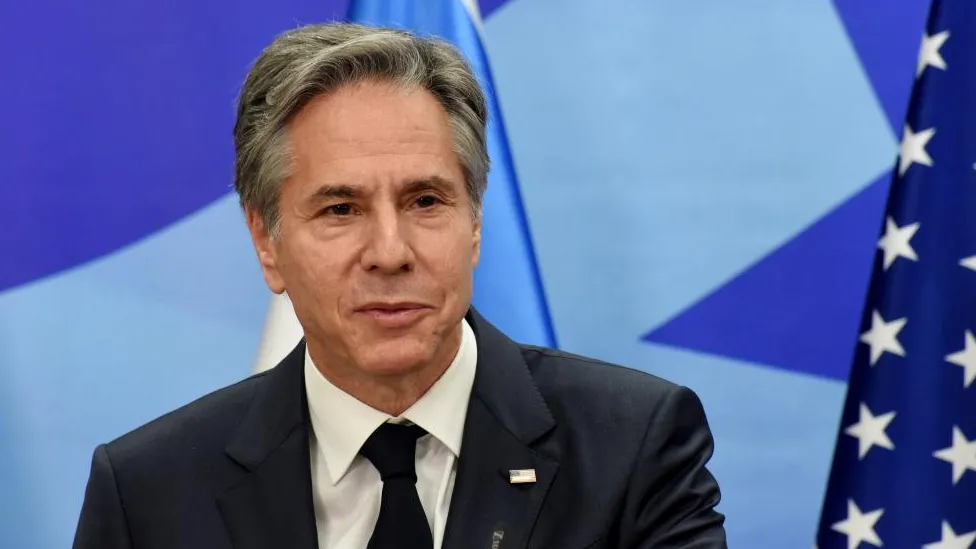
A spy balloon tracked across the US postpones the US secretary of state's China trip.
Read more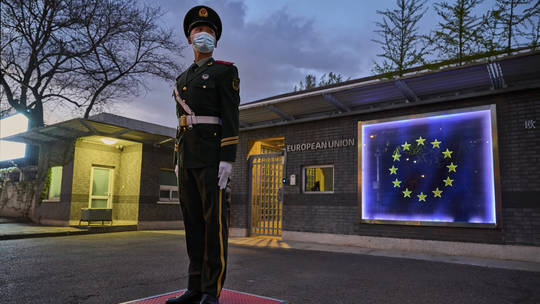
EU wants to penalise China for doing business with Russia - FT
Read more
Russian military blogger Vladlen Tatarsky was killed, and a suspect has been charged with terrorism-related charges.
Read more